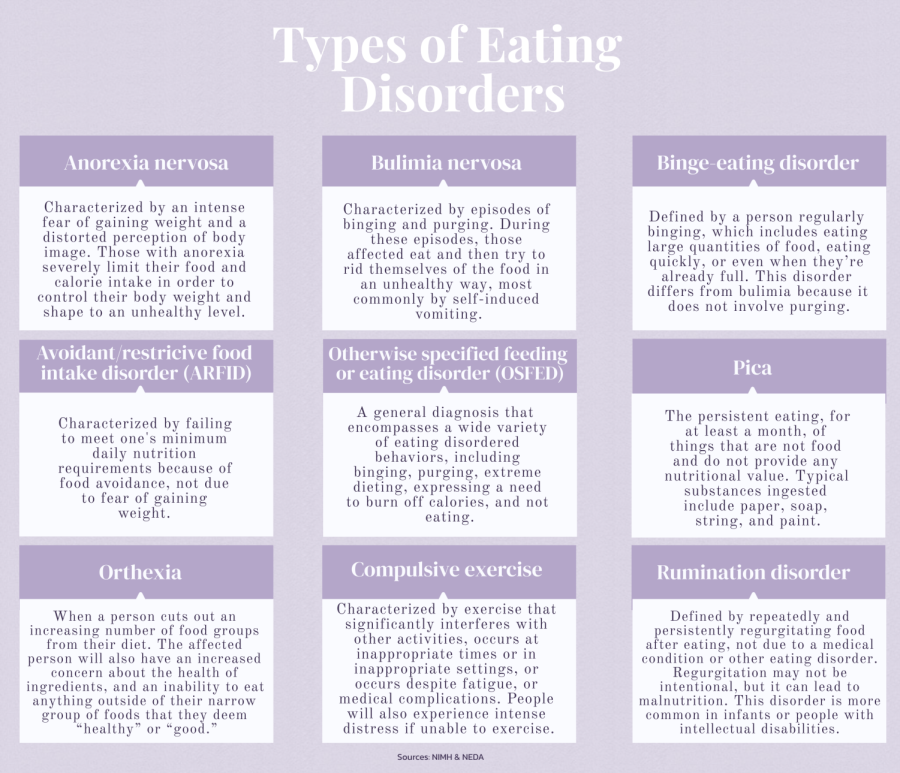Emotional eating presents a significant challenge for many individuals, deeply affecting their ability to manage their weight effectively. Traditional weight loss programs often emphasize diet and exercise, yet many overlook the emotional and psychological factors driving unhealthy eating habits. Eye Movement Desensitization and Reprocessing (EMDR) therapy offers a unique and promising approach to addressing these underlying emotional triggers, thereby supporting sustainable weight loss.
Understanding Emotional Eating
Emotional eating occurs when individuals use food as a coping mechanism for handling emotional distress rather than addressing hunger. Common triggers include stress, sadness, anger, and even positive emotions. This habit can lead to the consumption of high-calorie comfort foods, which may provide temporary relief but often result in feelings of guilt and further emotional distress. This cycle is difficult to break and can undermine efforts at weight management.
The roots of emotional eating are often embedded in past experiences and unresolved emotional issues. For some, these issues may stem from childhood traumas, such as neglect or bullying, while others may have developed a negative body image or experienced the harmful effects of restrictive dieting. Over time, food becomes a source of comfort, security, or even self-punishment. Addressing these underlying emotional drivers is crucial for changing eating behaviors and achieving lasting weight loss.
How EMDR Can Help
EMDR is a psychotherapy technique originally developed to treat trauma, particularly post-traumatic stress disorder (PTSD). It involves recalling distressing memories while simultaneously engaging in bilateral stimulation, typically through guided eye movements. This process helps the brain reprocess traumatic memories, reducing their emotional intensity and enabling individuals to move past them.
In the context of emotional eating, EMDR can be used to identify and reprocess the traumatic or distressing experiences that contribute to an unhealthy relationship with food. It’s possible to alter eating habits and emotional responses by addressing these root causes.
Here are examples of eating disorders in more detail:

Building Healthy Habits Through EMDR
In addition to addressing the root causes of emotional eating, EMDR can support the development of healthier eating habits. Many individuals hold negative beliefs or memories related to food that can sabotage their efforts to make positive changes. For instance, someone who associates dieting with feelings of deprivation or failure may find it challenging to stick to a healthy eating plan.
EMDR can help reframe these negative associations, making it easier for individuals to adopt and maintain new habits. With EMDR, healthier choices become more accessible and sustainable by reducing the emotional intensity of food-related memories.
EMDR and Long-Term Success
Maintaining weight loss is often more difficult than achieving it initially, especially when emotional eating is involved. Without addressing the emotional roots, the risk of regaining weight is high. EMDR provides long-term benefits by helping individuals reprocess the underlying issues that drive emotional eating, equipping them with the tools necessary to sustain their progress.
People can support their weight loss goals in the long run by reducing the power of unresolved emotions.
Outperform Your Peers in Emotional Eating Treatment With Bargain Programs
We’ve all felt the regret of wishing we knew something sooner. Don’t let that happen with your professional development. Our continuing education courses can help you achieve your career goals faster than you ever thought possible. Invest in your future as a competent therapist by enrolling in the accredited courses below:
- Honest Lies: Diagnosing Eating Disorders for Mental Health Professionals
- Narrative and MI Approaches to Eating Disorders
- Alexithymia and Eating Disorders
- DBT-Informed Techniques for Treating Bipolar Disorder
- When Trauma is Current: Treating Clients with Ongoing Traumatic Stressors
- Worry, Panic, and Phobia: Evidence-Based Approaches to Alleviate Anxiety
Practical Considerations for Therapists
Therapists interested in incorporating EMDR into their work with clients struggling with emotional eating should approach the issue with sensitivity and care. Emotional eating is often linked to deeply personal and painful experiences, and clients may need time to build trust before they are ready to explore these issues.
It can be beneficial to begin by educating clients about the connection between trauma and emotional eating and how EMDR can help. Encouraging clients to identify specific memories or experiences that trigger their eating behaviors can provide a starting point for EMDR therapy.
As with any therapeutic approach, it is essential to tailor EMDR to the individual needs of each client. Some may benefit from focusing on past traumas, while others may need to address current stressors or future anxieties. By adopting a personalized approach, therapists can help clients achieve lasting changes in their relationship with food and overall well-being.
Beat Emotional Eating With EMDR Therapy
EMDR offers a powerful tool for addressing the emotional roots of unhealthy eating behaviors, supporting individuals in their journey toward sustainable weight loss. EMDR can help clients break the cycle of using food as a coping mechanism by assisting them in reprocessing traumatic or distressing experiences that fuel emotional eating.
As clients’ emotional responses improve, they are better able to adopt and maintain positive eating habits. This results in long-term weight-loss success.
For those struggling with emotional eating, EMDR may provide the missing piece in their weight loss journey. This provides a pathway to both physical and emotional well-being. Begin your learning experience today.